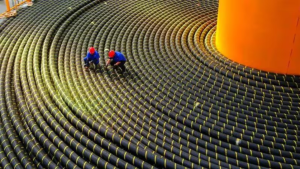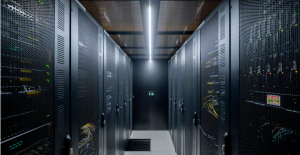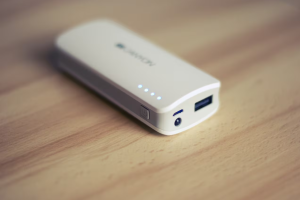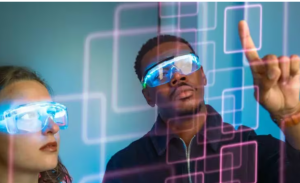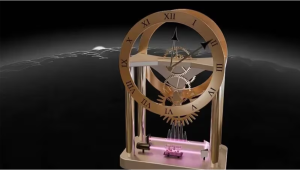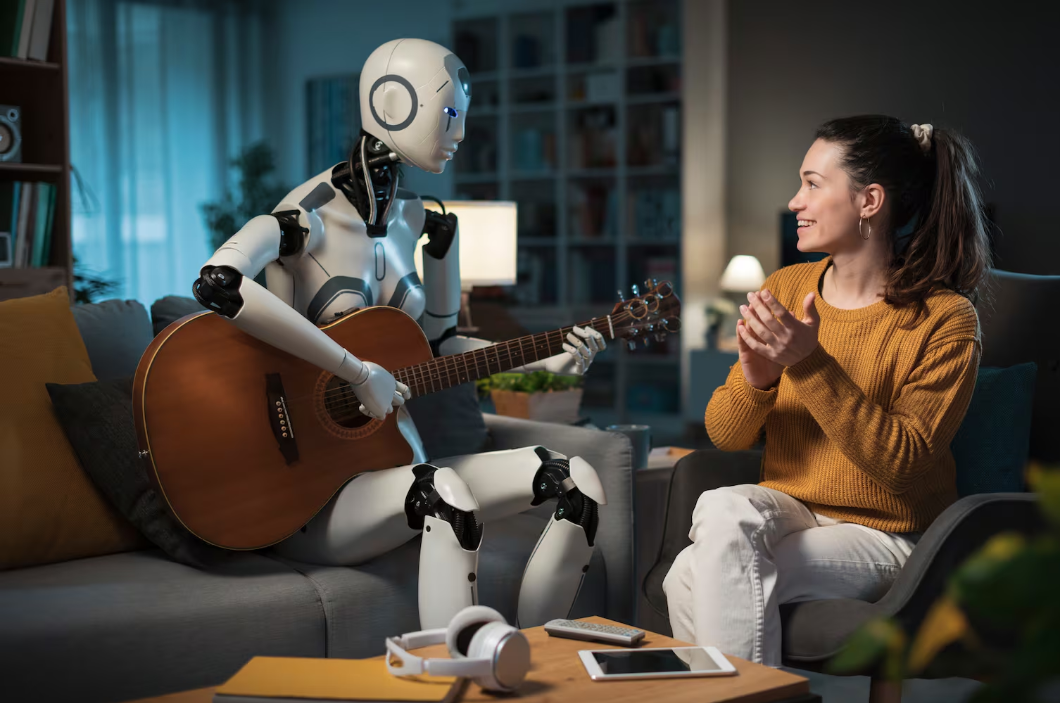
We are in the midst of an artificial intelligence (AI) revolution. How will it affect employment? Which professions or trades have a future and which don’t? What should today’s high school graduate study? Great thinkers are looking for answers.
AI and Justice
This week, Daron Acemoglu, James Robinson, and Simon Johnson were awarded the Nobel Prize in Economics. In May, Acemoglu and Johnson published Power and Progress , in which they observe that AI eliminates jobs that involve analyzing information to arrive at a diagnosis and make a decision. But only in routine cases.
For example, AI analyzes eye exams, diagnoses simple cases, and refers complicated ones to ophthalmologists. To generalize: there would still be demand for excellent professionals (doctors, architects, lawyers), but not for average or low performers.
For Acemoglu and Johnson, what AI will never be able to do is solve human problems. Customer service, for example. Typically, after going through menus, humans are the ones who handle complex queries. “More and more, many companies are looking for employees with social skills, rather than mathematical or technical skills.”
Artificial intelligence at the service of our democracies?
Renowned historian Yuval Harari addresses the same issue in Nexus , published in September. Harari argues that the great technological revolutions radically changed the labour market and society.
The agricultural revolution freed a large part of the population from primary labour and gave rise to specialised services, such as scribes and priests, and the creation of the State. The Industrial Revolution introduced mechanisation in agriculture, destroying manual employment, but displaced peasants became urban industrial workers and democracy emerged.
Harari believes that the AI revolution will bring changes just as profound as its predecessors. He differs from Acemoglu and Johnson in that the AI revolution is just beginning and that it will do what is currently thought to be beyond its reach. Humans look for a single cause to make a decision.
But AI has the ability to look for multiple causes, processing and weighing all the information relevant to a decision, which makes it superior.
For example, today in first world banking the decision on a loan is made by AI, which analyses all the available information about the client (including information collected from social networks and computer search engines), assigns a value to all of them, even if it is minimal, and decides whether to grant or reject the application. In the US, judges consult AI on how many years in prison they should sentence a convicted person to.
The ivy and the wall
Harari believes that AI will even replace high-level doctors. But it will not replace simpler tasks. A doctor may not be needed, but if the patient is a child and needs to be given an injection, a robot cannot replace a nurse. Nor can it replace a patient if the patient needs to have his ankle bandaged. The future is for jobs that require interpersonal relationships.
Other winning professions are the entertainment industry. Who is going to watch a football match between machines, or listen to a robot playing guitar? For both Acemoglu and Harari, the winning jobs are those that mean connection between humans. For the technical field, there will be intelligent machines.

